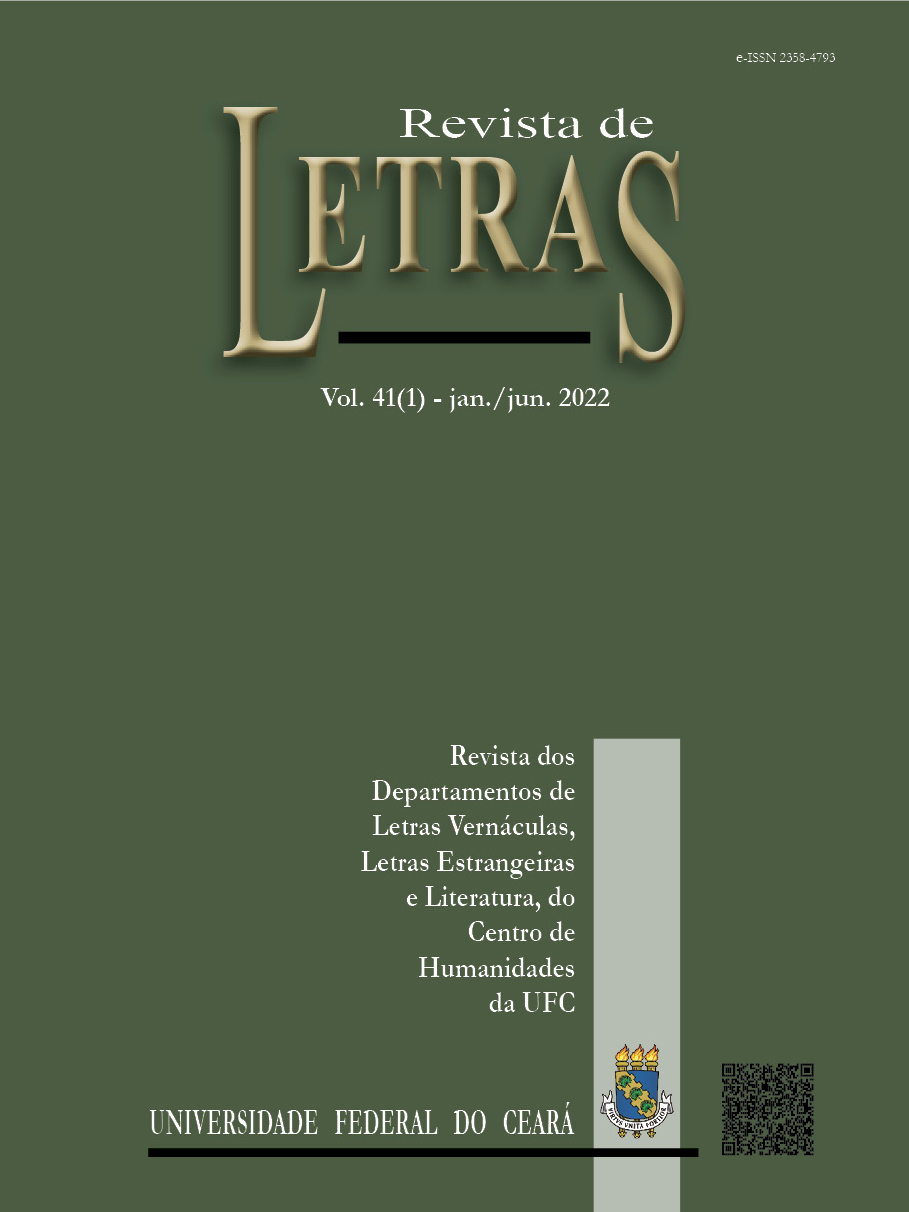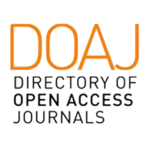PLANOS DE TEXTO, INTERAÇÃO E SEQUÊNCIAS TEXTUAIS DIALOGAIS
INTERFACES NO ENSINO REMOTO
DOI:
https://doi.org/10.36517/revletras.41.1.7Abstract
This article aims to present a reflection on text plans of remote theoretical classes, focusing on the dialogic textual sequence, whose questions provide the necessary interaction for learning in digital media. The discussion is grounded on the theoretical assumptions of Textual Linguistics, in the approach of Textual Analysis of Discourses (ADAM, 2011, 2019; MARQUESI, 2013, 2017, 2018, 2019). The analysis of two classes, respectively, of an undergraduate law course and of an undergraduate language course, shows results that confirm text plans conducted by dialogic textual sequences, with questions that reveal different functions, such as: contextualize, motivate, thematize, justify, insert objectives clearly, define, conceptualize, support and promote reflection. The conclusions indicate text plans in which the author of the class, the teacher, in order to fulfill his communicative intention, combines questions that allow him to expand the content of the class, bringing voices from other authors, which are guided by his voice. This corroborates the possible interfaces with active methodologies (BACICH, MORAN, 2017; MARQUESI, AGUIAR, 2021; MARQUESI, SILVEIRA, 2015), whose principles focus on interactive, autonomous and meaningful learning.
Keywords: Text plan; Dialogic textual sequence; Remote classes.
Downloads
Downloads
Published
How to Cite
Issue
Section
License
Autores que publicam nesta revista concordam com os seguintes termos:- Autores mantêm os direitos autorais e concedem à revista o direito de primeira publicação, com o trabalho simultaneamente licenciado sob a Licença Creative Commons Attribution que permite o compartilhamento do trabalho com reconhecimento da autoria e publicação inicial nesta revista.
- Autores têm autorização para assumir contratos adicionais separadamente, para distribuição não-exclusiva da versão do trabalho publicada nesta revista (ex.: publicar em repositório institucional ou como capítulo de livro), com reconhecimento de autoria e publicação inicial nesta revista.
- Autores têm permissão e são estimulados a publicar e distribuir seu trabalho online (ex.: em repositórios institucionais ou na sua página pessoal) a qualquer ponto antes ou durante o processo editorial, já que isso pode gerar alterações produtivas, bem como aumentar o impacto e a citação do trabalho publicado (Veja O Efeito do Acesso Livre).

.png)






.png)
